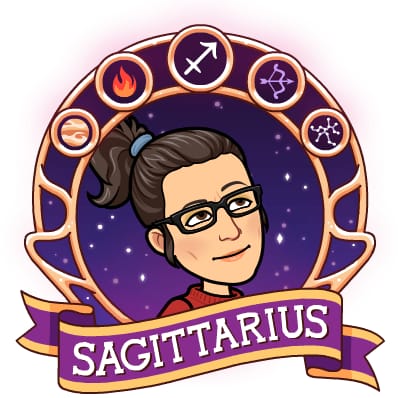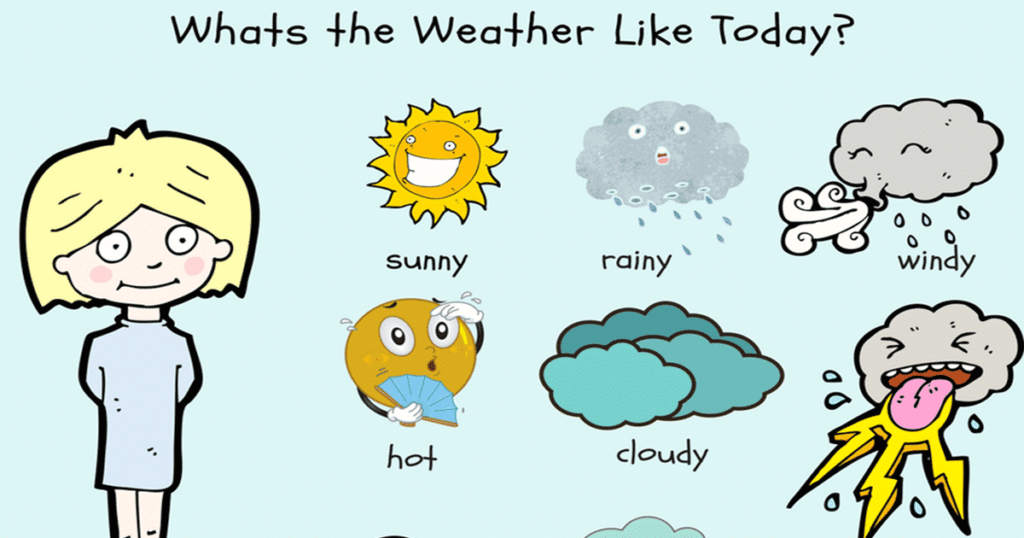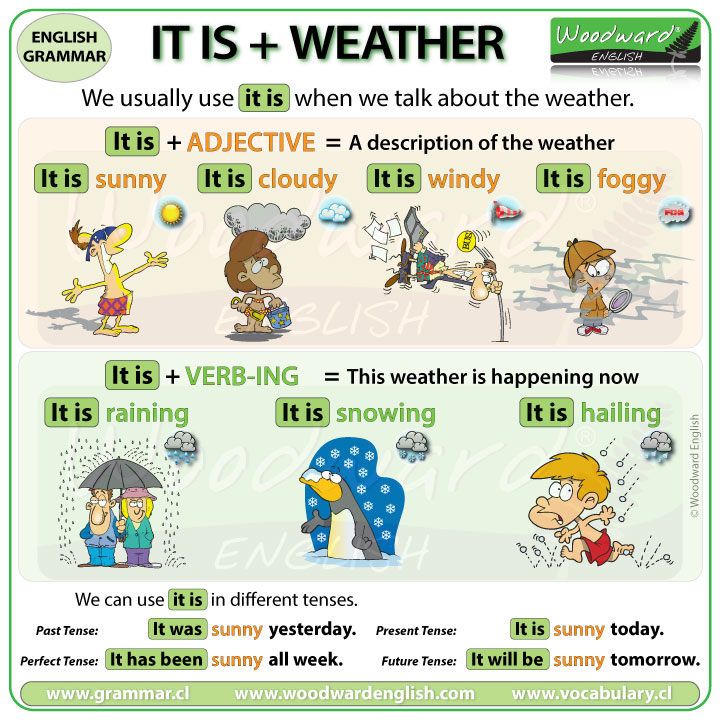
Hi everyone! The other day I used “kinda“ in a post, which was really appropriate. I think it’s about time for me to tell you what it means. Listen carefully to the following video.
Então, existem duas maneiras diferentes de usar estas palavras em inglês. A primeira é usar kind, sort e type quando você está falando sobre diferentes categorias ou grupos de coisas. E a segunda maneira de usar kind e sort (mas não type) é ao expressar incerteza sobre algo.
1. KIND OF, SORT OF, TYPE OF: CATEGORIAS OU GRUPOS
Essas palavras sempre vêm acompanhadas da preposição “of”: kind of, sort of, e type of . Exemplos:
1. What type of music do you like? (Que tipo de música você gosta?)
2. What are the different kinds of spices in this cake? (Quais são os diferentes tipos de condimentos desse bolo?)
3. That magazine prints fake news and all sorts of other rubbish. (Aquela revista publica notícias falsas e todo tipo de besteira.)
2. KINDA, SORTA: ESTABELECER INCERTEZA
Kind + of = kinda e sort + of = sorta. Essas palavras são usadas no geral para expressar a ideia de “um pouco” ou “meio”. Podemos também usá-las para estabelecer incerteza ou quando achamos que a nossa opinião poderá ofender alguém.
1. Mm, I’m kinda cold, could you please close the window? (Estou com um pouquinho de frio, você poderia fechar a janela?)
2. Do you like tomatoes? Mm, sorta. (Você gosta de tomates? Mais ou menos.)
3. “KINDA-SORTA”: MARCA DE UMA GERAÇÃO MAIS JOVEM
Essa expressão às vezes significa um pouco (1) e outras vezes muito (2). Também, pode mostrar indecisão (3) ou ser usada quando você está com preguiça (4). Independente da forma como é usada, essa expressão é muito popular hoje em dia, então é importante conhecê-la. Essa expressão é usada de diversas maneiras:
1. Who is that actor? / Oh, he used to be kinda-sorta famous back in the 90s. (Quem é aquele ator? / Ah, ele costumava ser um pouco famoso nos anos 90.)
2. How’s my writing paper? / Um, it still kinda-sorta needs some work. (Como está minha redação? / Hum, ainda precisa de muitas melhoras.)
3. So, are you guys, like, together? / Well, we’re kinda-sorta boyfriend/girlfriend. (Então, vocês dois estão, tipo, juntos? / Bem, nós somos meio que namorados.)
4. Do you wanna go out tonight? / Mm…kinda-sorta, not really, maybe, but yeah, okay. (Você quer sair hoje à noite? / Humm, mais ou menos, não muito, talvez, mas tá, ok.)
That’s it! Em que situações você usa kind, sort ou type na sua vida? Please, share it with me!




